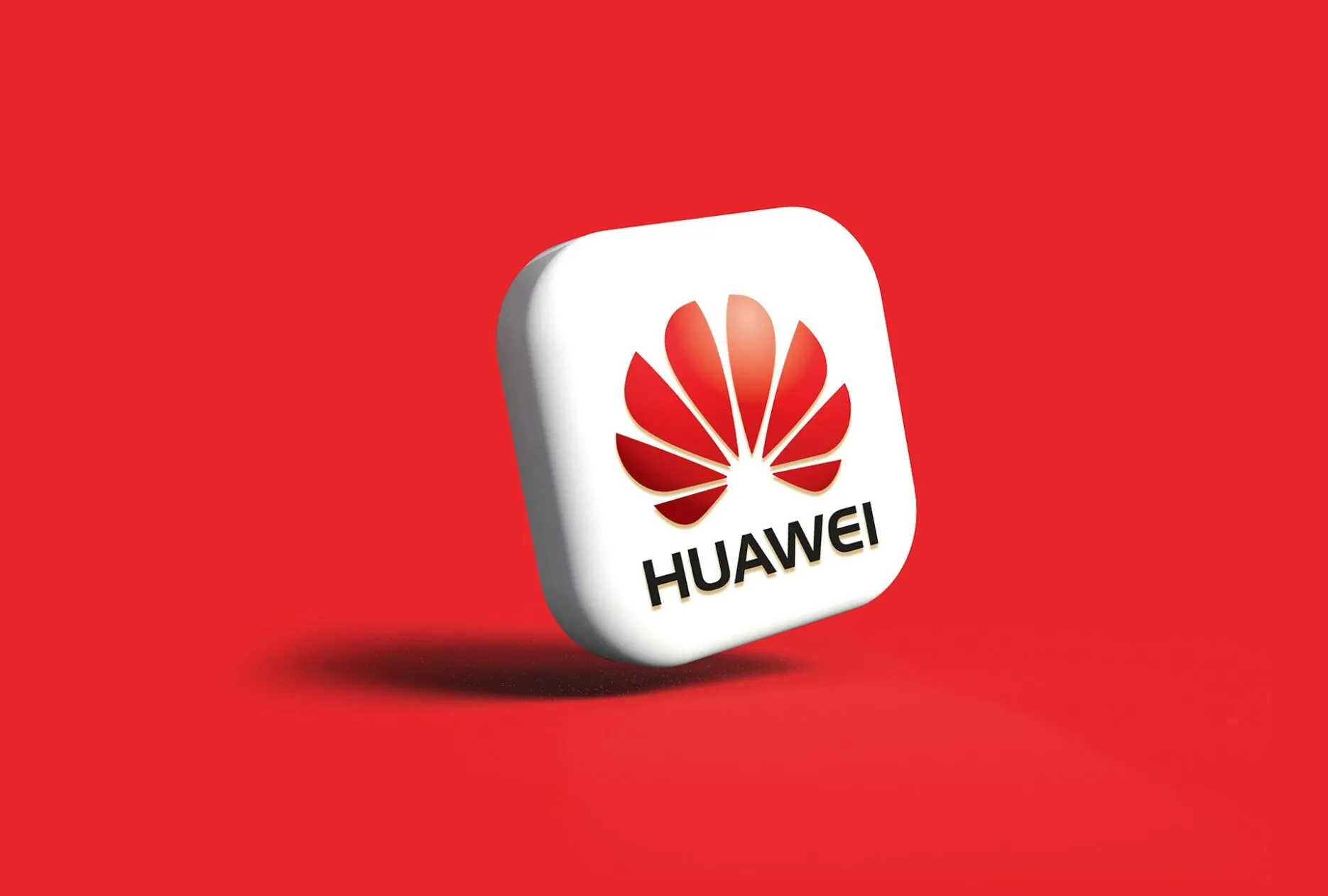Chinese smartphone maker Huawei regained its top spot in China’s smartphone market during the first two weeks of 2024, a report from Hong Kong-based research firm Counterpoint has revealed.
This is the first time the Shenzhen-based company has occupied the top spot in the world’s biggest smartphone market since being added to the US trade blacklist in 2019. The move prevented US firms from selling equipment to Huawei unless they have a license, forcing Huawei to dramatically step up its capabilities in chip production.
This pressure finally came to fruition with the launch of the Mate 60 handset in October. Online teardowns of the phone revealed it contains a Chinese-made advanced semiconductor chip capable of 5G telecommunication speeds – a feature that Chinese tech firms previously depended on US advanced chipmakers like NVIDIA to provide. The Mate 60 has proved extremely popular, in part owing to the rising tide of techno-nationalism, but has been out of stock for months due to Huawei’s priorities shifting toward AI.
News of Huawei’s ascendancy also reaffirms Apple’s challenges in China. The American company has had one of its toughest months ever in the Chinese market as iPhone sales plummeted 13% in December and 30% in the first week of January. Apple has repeatedly slashed iPhone prices over the past few months, but the prevailing cautious consumer sentiment as well as domestic rivals’ rapid innovation means Apple will have to do more to stand out.
“The main reason for the decline is the return of Huawei and the fact that foldable phones have gradually become the first choice for high-end users in the Chinese market,” explains Kuo Ming-chi, an analyst at TF International Securities.
However, Huawei’s chances of retaining this strong position could be threatened by its growing importance in the strategically significant AI sector. The Shenzhen-based company is prioritising the production of artificial intelligence (AI) chips over its Mate 60 phones, according to a Reuters exclusive published on February 5. This is due to soaring demand for the company’s Ascend AI chips (which represent the country’s strongest rival to NVIDIA’s) coupled with manufacturing restraints. Before the most restrictions issued by the US in October, NVIDIA controlled 90% of the Chinese AI chip market.









